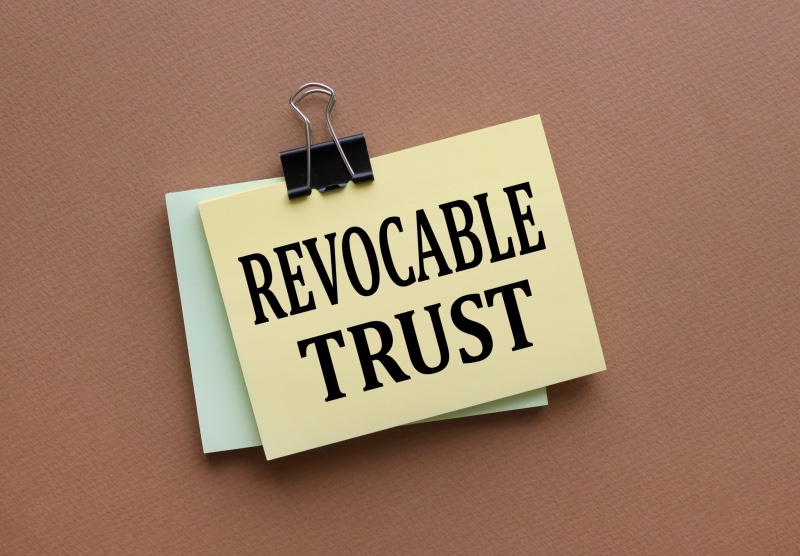
Things to Know About LGBT Estate Planning
May 1, 2022
Last Will and Testament vs. Revocable Living Trust
June 1, 2022Estate planning is the means of choosing who will receive your assets and handle your obligations after your death, or in the event of a future permanent disability. Estate planning lays a foundation that can later be reviewed and fine-tuned according to different life circumstances. The core question to ask in estate planning is: How do I want my assets distributed when I die, or if I am incapacitated?
As important as estate planning is, the most common mistake is simply not to make a plan. Getting started is the key, but even after this initial step, it is easy to make mistakes along the way. The legal process of building an estate plan can be complex, and there are questions that people do not even know they should consider or ask. When creating an estate plan, it is wise to contact an experienced attorney to ensure that your legal rights are protected and that your assets are distributed correctly and as cost-effectively as possible. Contact the compassionate and experienced estate planning attorneys at Kushner Legal at (310) 279-5166 today.
Failure to Make Documents Official
It is common for people to simply write down their wishes as to how their assets will be distributed after their death. However, if a person fails to make these wishes into an official and legally-binding document, this can create strife and legal challenges later for the beneficiaries and heirs. It is critical to list your wishes on official documents, and when you want to make changes to your will, that these revisions are completed in a legally correct manner. Failure to write your wishes or revisions in a legally proper way, such as in a last will and testament, could make your estate planning documents invalid later.
Failure to Consider Your Disability
When people think about estate planning, they often only consider how to handle their assets after their death. Unfortunately, there are circumstances where a person may become permanently disabled and incapacitated within their lifetime. There are special estate planning documents that allow a person to access their assets if they become disabled. Every person considering their estate plan should include a document regarding a power of attorney, which names a person that will act on your behalf if you are incapacitated for any reason and therefore unable to make decisions regarding your finances. In addition to this, an estate plan should include a power of attorney regarding your health care, which grants someone the legal right to act on your behalf regarding your medical decisions for you if you are incapacitated. It is important to understand the entire scope of these estate planning options, so you can be assured of your legal rights in any situation.
Failure to Include a Residuary Clause
A residuary clause governs any assets or property that were not identified specifically in the estate plan. In the creation of a will, there should always be a residuary clause, which distributes the remaining assets of your estate after the designated items have been distributed. If you are working with an experienced estate planning attorney, this will likely be included automatically.
Failure to Consider Income Taxes
As the old saying goes, the only two things that are sure in this world are death and taxes. You may not realize that your estate will be taxed after your death depending on how the estate planning documents are executed. It is important to confirm that your documents are created in such a way that your estate is not taxed any more than legally necessary. A quality estate plan should seek to maximize your gift, without the burden of added income tax to your heirs.
Failure to Reassess
Even after you create your initial estate plan, life will change, and therefore, your estate plan should change as well. When your life circumstances change, your estate plan should be reviewed and revised accordingly. Situations where a person would need to reassess an estate plan and make changes include:
- Moving to a new state
- Separation or divorce
- Remarriage
- Birth, death or marriage of a beneficiary
Failure to Contact an Experienced Estate Planning Attorney
People who are creating an estate plan often make the mistake of not contacting an experienced estate planning attorney. Having professional assistance in creating an estate plan can give you specialized advice regarding your specific situation as well as provide peace of mind. Whether your estate is large or small, if you have doubts or questions about the process, consulting with an estate attorney, who knows the laws associated with estate planning, can answer questions that relate to your unique situation. If you are facing the task of estate planning, contact the experienced estate planning attorneys at Kushner Legal today at (310) 279-5166 to avoid any mistakes in your estate plan and to make sure your wishes are carried out.




